Commentary: After a five-year hiatus, why the Rajapaksas are back in power in Sri Lanka
Voters hope strongman Gotabaya Rajapaksa can fix the country’s worsening economy and national security situation. But a bigger challenge yet awaits him – in ruling a country his victory has polarised further, say the Institute of South Asian Studies’ Dr Chulanee Attanayake and Roshni Kapur.
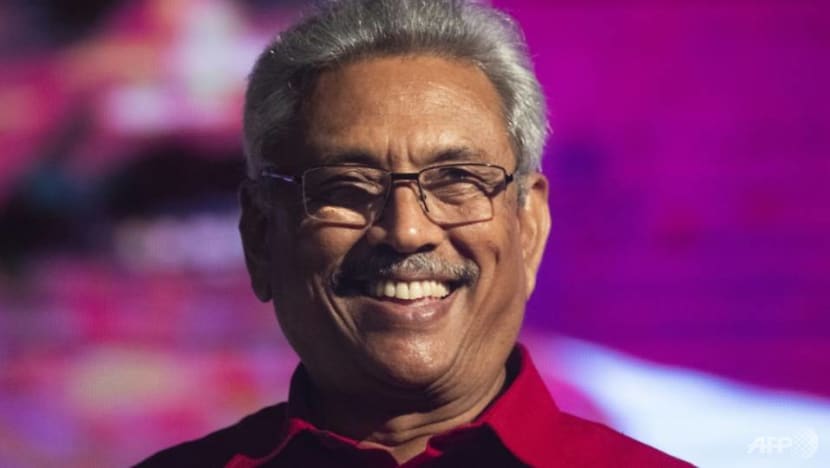
Gotabaya Rajapaksa is set to become Sri Lanka's new president after winning Saturday's election AFP/Jewel SAMAD
SINGAPORE: Sri Lanka’s presidential election held on Saturday (Nov 16) saw former Defence Secretary Gotabaya Rajapaksa elected as its seventh president with 52.25 per cent of the votes.
Rajapaksa, a former military leader personnel and a tech whiz, edged out his main contender Sajith Premadasa of the United National Party (UNP), a career politician of around 20 years, who secured 41.99 per cent of the votes.
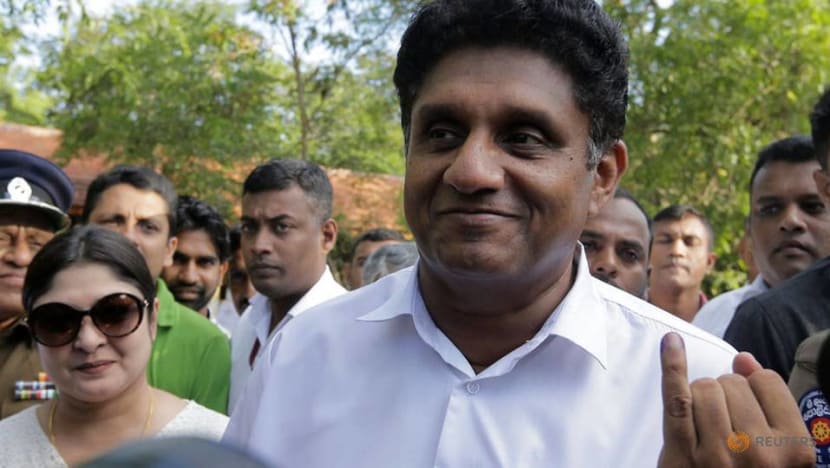
RAJAPAKSAS BACK IN OFFICE
This election was arguably the most dynamic, competitive and hard-fought with a record number of 35 candidates who filed their nominations for the top position.
However, it was a two-horse contest from the beginning, in which Premadasa was the strongest opponent facing Rajapaksa.
Rajapaksa is no stranger to government in Sri Lanka. He has a proven track record from his previous portfolios as the Secretary of Defence and Secretary of Urban Development and Planning between 2005 and 2015, in which he earned a reputation as a doer.
It was under his watch that the government defeated the Tamil separatist movement, which had plunged the country into 25 years of civil conflict.
READ: Rajapaksas eye comeback in Sri Lanka presidential election
His previous term coincided with his brother Mahinda’s tenure as president.
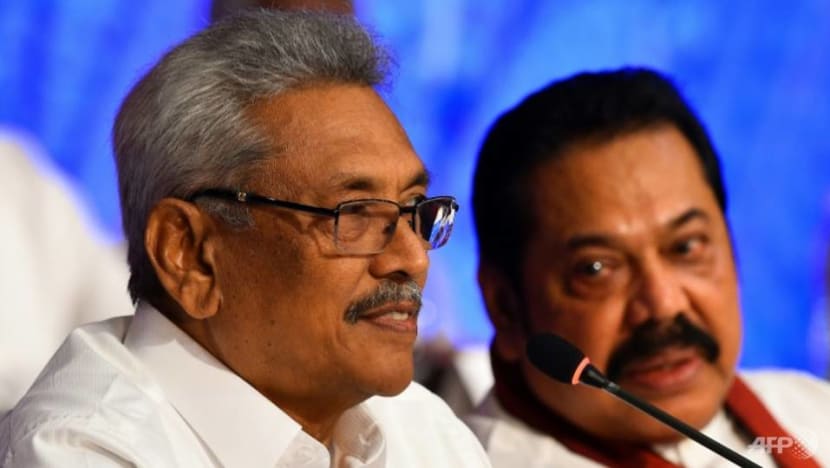
Due to a constitutional clause, the popular older Rajapaksa brother was not allowed to run for the office of president again. But it is widely expected that Gotabaya will appoint him as prime minister, putting the Rajapaksas back at the forefront of Sri Lanka’s top political office after a five-year hiatus.
ANTI INCUMBENCY
Gotabaya Rajapaksa’s victory was largely a result of strong anti-incumbency sentiments against the government.
As had been expected, national security and economic development were the two key issues that dominated the presidential election and were likely to have swung the pendulum in favour of Rajapaksa.
SLUGGISH GROWTH
It is no secret that the incumbent government has performed poorly. Sri Lanka’s annual economic growth has consistently declined over the last term of government – from 5 per cent in 2015, to 4.5 per cent in 2016 and to 3.1 per cent in 2017. The unprecedented political and constitutional crisis in 2018 dampened the economy to its slowest growth in 17 years at 3.2 per cent.
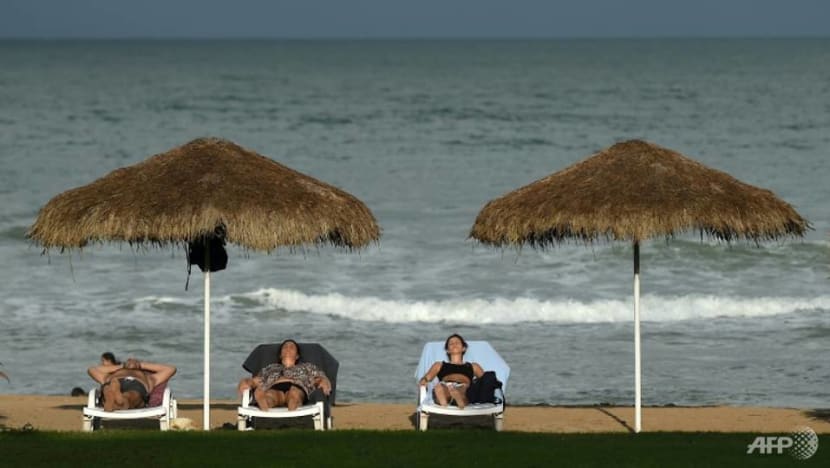
The World Bank has said that for 2019, Sri Lanka is estimated to come in as the second worst performing country in South Asia at 2.7 per cent, ahead of only Afghanistan. Its smaller and less-developed neighbours - Bhutan, Maldives and Nepal - are estimated to grow faster this year.
NATIONAL SECURITY CONCERNS
It is not only Sri Lanka’s economy that has taken a beating after the devastating Easter Sunday attacks in April 2019 in the country that killed more than 250 people and injured many more.
Its national security has also been a major source of concern for Sri Lankans due to the failure of authorities to act upon warnings from Muslim communities against growing Islamic radicalisation in the eastern part of the country.
READ: Sri Lanka author attacked ahead of key polls
The government has also been blamed for failing to respond to intelligence received from multiple foreign agencies on the possibility of the Easter bombings.
This has renewed calls for a stronger intelligence and military apparatus, which had been partially dismantled by the incumbent government.
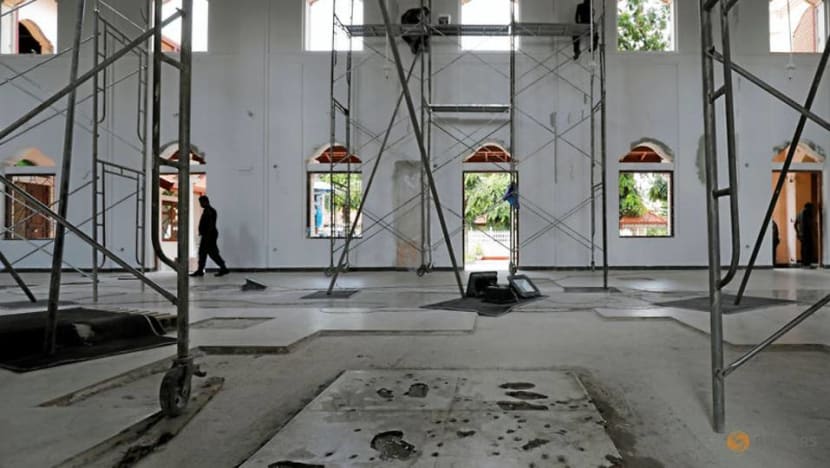
Coincidentally, these key issues play to Gotabaya’s strengths, his established track-record and strong credentials in defence.
POLARISED ELECTORATE
The results from Saturday’s polls, however, reveal an alarming polarisation of Sri Lanka along ethnic lines.
Voting patterns suggest a vast difference in the key priorities for the Sinhalese-dominated south and the Tamil-inhabited north.
Southern voters have indicated that stability and strong leadership are the most pressing matters to them as they voted overwhelmingly for Rajapaksa.
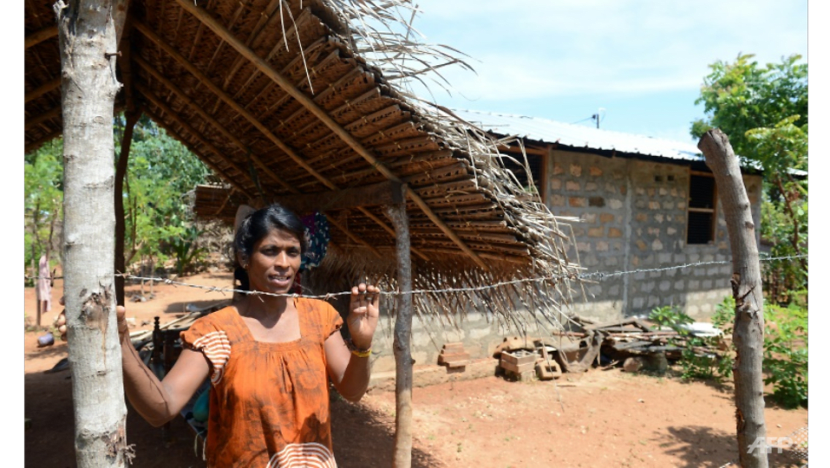
The political instability in the last government’s term, which led to poor economic performance and national security lapses, would have weighed heavily on their minds.
However, the overwhelming rejection Rajapaksa received from the northern and the eastern parts of the island reveal concerns with his alleged human rights track record.
Both Gotabaya and his brother Mahinda have been accused of human rights violations and state-sponsored disappearances, in the military’s move to end the civil war 10 years ago.
Although their government then had managed to successfully rehabilitate around 12,000 ex-separatist combatants, resettle around 700,000 displaced persons, and made attempts to address their grievances through the Lessons Learnt Commission of Sri Lanka, these efforts have been overshadowed by these allegations of human rights violations.
READ: Sri Lanka minister slams Facebook over 'censorship'
CHALLENGES AHEAD
Looking ahead, a key priority for the SLPP is to ensure a smooth transition of power post-election.
Even though the SLPP has won the presidential election, it is the UNP that holds power in parliament.
The 19th Amendment of the Constitution of Sri Lanka in 2015 transferred some of the executive powers of the president to the Constitutional Council. These include when parliament can be dissolved and a general election called. Rajapaksa will likely aim to unite the country and reach out to the minority communities who may have strong reservations over his leadership.
As he admitted in his victory speech, he aims to be both the leader to those who voted for and against him, and wants to build social cohesion. A genuine effort on his part could win him the trust of those estranged communities.
The SLPP must be mindful of not repeating its past mistakes that led to its defeat in 2015.
A key reason for its defeat then was resentment from the ground that the government had turned increasingly corrupt, autocratic and nepotistic. People will be watching closely for its practice of good governance in upholding the rule of law, democratic freedom and civil liberties.
Rajapaksa also faces the challenges of maintaining a neutral and balanced relationship with many big countries. Sri Lanka’s strategic position in the Indian Ocean invites considerable geopolitical attention.
READ: Sri Lanka government pledges to hold off signing US pact until after election
This is particularly given the Rajapaksas’ historically close ties with China. Under Mahinda Rakapaksa, Sri Lanka had embraced an inflow of Chinese investment and a stronger Chinese presence in the region.
There are already questions raised internationally as to whether Colombo would once again tilt towards Beijing.
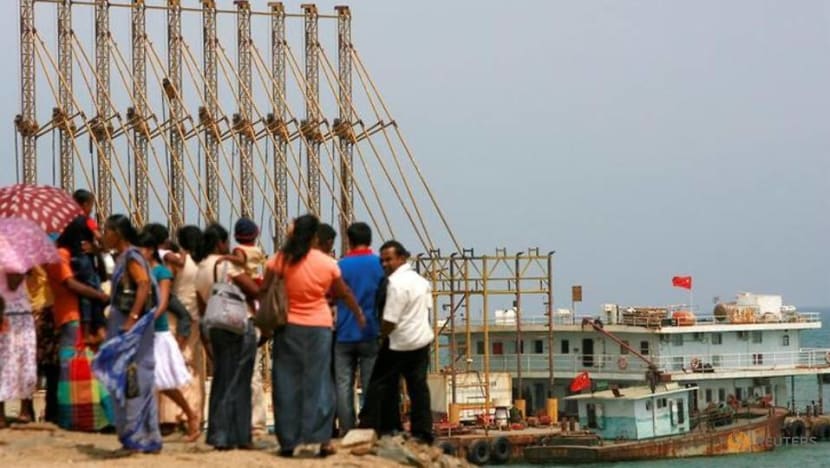
Hence, it would be wise for the new government to continue a balanced foreign policy that the previous government had pursued instead of edging closer to any specific world power.
Dr Chulanee Attanayake is Visiting Research Fellow at the Institute of South Asian Studies at the National University of Singapore. Roshni Kapur is Research Analyst at the same institute.
















